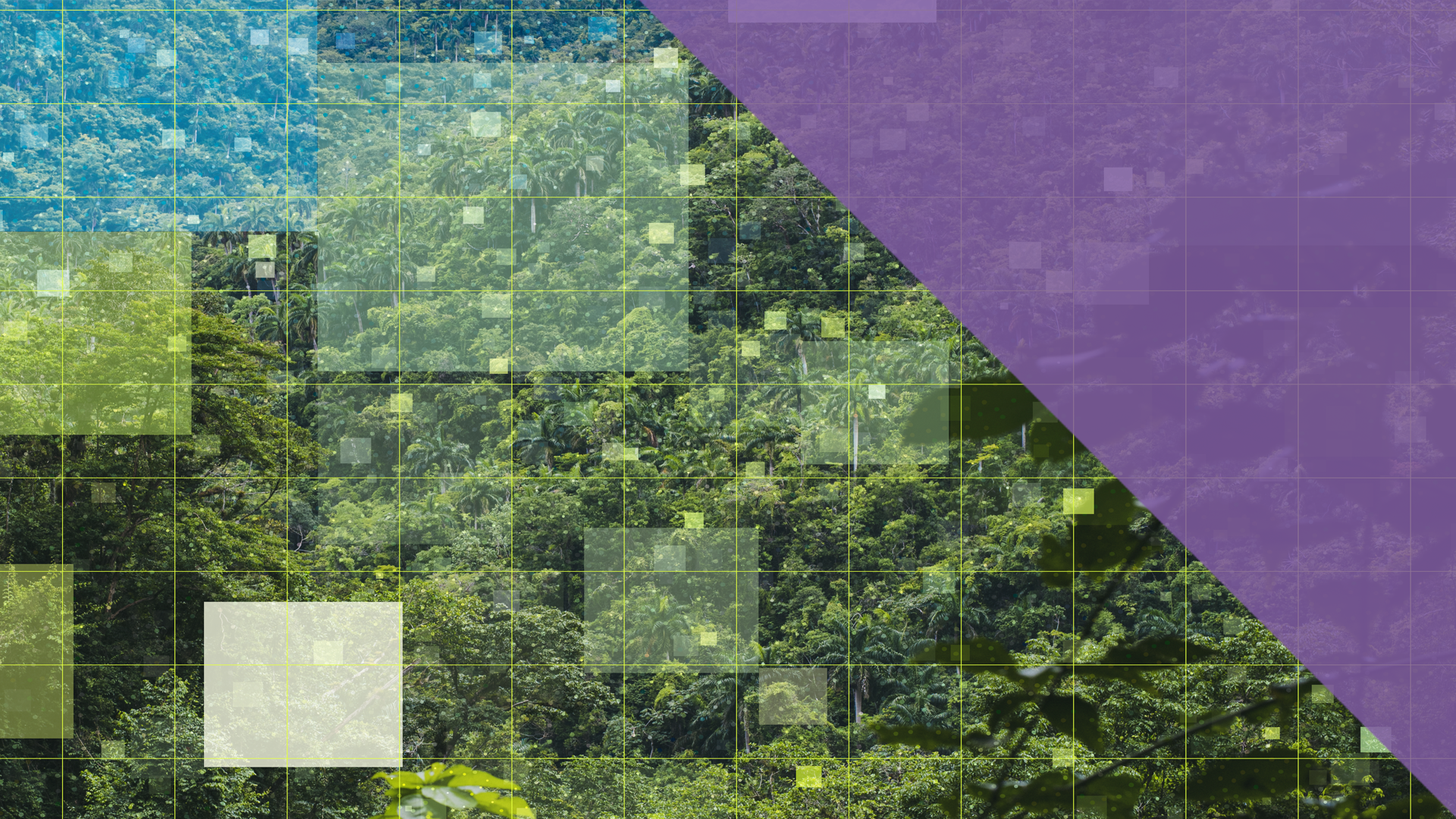By: Kathleen Sandusky
25 Sep, 2023

A report published by CIFAR today, Towards Measuring and Mitigating the Environmental Impacts of Large Language Models, outlines basic steps for policymakers on how to measure and address the environmental impacts of large language models (LLMs) at every stage, from the manufacturing of GPUs used for their training to their deployment in products and services.
Recent advances in AI models have taken the world by storm, impacting nearly every industry and inspiring enthusiastic adoption by consumers and businesses alike. Novel tools such as GPT-4 were accessed tens of millions of times within months of their introduction. The complex societal and economic impacts of generative AI using LLMs are certain to grow, as more use cases are discovered. However, there has been scant discussion of the climate impact of these technologies, which is also destined to grow exponentially without immediate and targeted response from governments, regulators, industry and consumers.
The report’s author is Sasha Luccioni, a Montreal-based researcher who completed post-doctoral studies at Mila, one of Canada’s three National AI Institutes through the Pan-Canadian AI Strategy at CIFAR. Luccioni today leads AI climate research at Hugging Face, a global company based in New York that aims to democratize good machine learning through open-source and open science. In June 2022, Hugging Face was part of the global scientific consortium that released BLOOM, a LLM which is distinguished from other GPT-like offerings in that it is open-source, multilingual, and prioritizes measurement of climate impacts in its development. BLOOM is presented as a case study in the report.
In addition to recent findings regarding the carbon footprint of different kinds of AI models as well as the pre-training and fine-tuning processes, the report provides policymakers, regulators and developers with practical recommendations on possible steps to ensure the sustainability of AI models throughout research and development. Importantly, it provides strategies for assessing not only the carbon load of the training data, but also advocates for assessing the resources required by models in all stages of their life cycle. These resources include power use during training and deployment, but also the planetary impacts of mining the rare metals and plastic required for creating the hardware, and the water needed to cool data centers that run the models.
“As LLMs are deployed in more user-facing tools and applications, it will be important to make informed decisions between factors such as sustainability and efficiency,” says Luccioni. “As a researcher I am truly excited about the potentially transformative power of LLMs to bring enormous advances for science and society. But we cannot allow our enthusiasm for these possibilities to overshadow the urgent need to minimize their climate impacts, which, if allowed to continue without oversight, could be immense.”
Towards Measuring and Mitigating the Environmental Impacts of Large Language Models was published today by CIFAR. Its author is Sasha Luccioni, Research Scientist, Hugging Face.
For more information, contact:
Gagan Gill
Program Manager, AI & Society, CIFAR
About CIFAR AI Insights
CIFAR AI Insights is a series of policy briefs inviting cross-disciplinary experts to author accessible policy briefs that discuss the practical societal and political implications of AI and emerging technologies. They are designed to develop Canada’s thought leadership on issues of importance to policy-makers, researchers, regulators and others seeking to engage with and address the societal impacts of AI.
About the Pan-Canadian AI Strategy at CIFAR
The Pan-Canadian Artificial Intelligence Strategy at CIFAR drives cutting-edge research, trains the next generation of diverse AI leaders, and fosters cross-sectoral collaboration for innovation, commercialization and responsible AI adoption. Our three National AI Institutes – Amii in Edmonton, Mila in Montréal, and the Vector Institute in Toronto – are the vibrant central hubs of Canada’s thriving AI ecosystem. Funded by the Government of Canada, we’re building a dynamic, representative, and rich community of world-leading researchers who are creating transformative, responsible AI solutions for people and the planet.